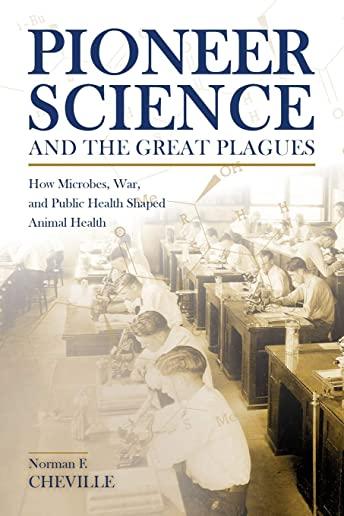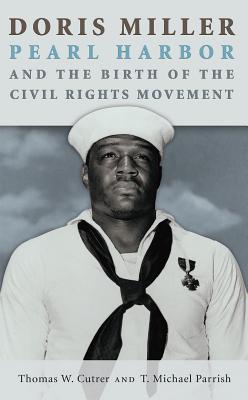
Achorn, Edward
By March 4, 1865, the Civil War had slaughtered more than 700,000 Americans and left intractable wounds on the nation. After a morning of rain-drenched fury, tens of thousands crowded Washington's Capitol grounds that day to see Abraham Lincoln take the oath for a second term. As the sun emerged, Lincoln rose to give perhaps the greatest inaugural address in American history, stunning the nation by arguing, in a brief 701 words, that both sides had been wrong, and that the war's unimaginable horrors--every drop of blood spilled--might well have been God's just verdict on the national sin of slavery.
Edward Achorn reveals the nation's capital on that momentous day--with its mud, sewage, and saloons, its prostitutes, spies, reporters, social-climbing spouses and power-hungry politicians--as a microcosm of all the opposing forces that had driven the country apart. A host of characters, unknown and famous, had converged on Washington--from grievously wounded Union colonel Selden Connor in a Washington hospital and the embarrassingly drunk new vice president, Andrew Johnson, to poet-journalist Walt Whitman; from soldiers' advocate Clara Barton and African American leader and Lincoln critic-turned-admirer Frederick Douglass (who called the speech "a sacred effort") to conflicted actor John Wilkes Booth--all swirling around the complex figure of Lincoln.
In indelible scenes, Achorn vividly captures the frenzy in the nation's capital at this crucial moment in America's history and the tension-filled hope and despair afflicting the country as a whole, soon to be heightened by Lincoln's assassination. His story offers new understanding of our great national crisis and echoes down the decades to resonate in our own time.







